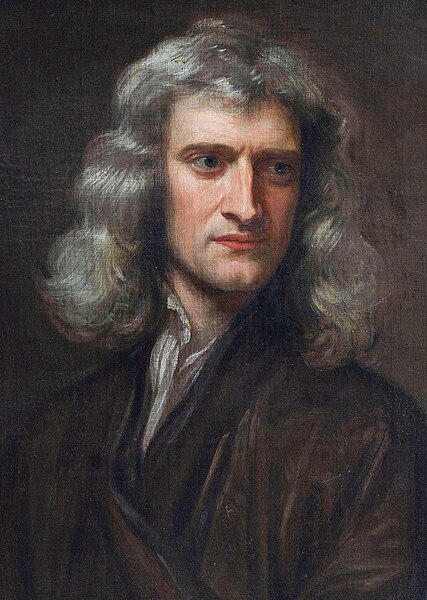Infinite photos and videos for every Wiki article ·
Find something interesting to watch in seconds
Famous Castles
Tallest Buildings
Celebrities
British Monarchs
Rare Coins
Animals
Orders and Medals
World Banknotes
History by Country
Great Museums
Recovered Treasures
Best Campuses
Largest Palaces
Great Cities
Supercars
Wonders of Nature
Wars and Battles
Richest US Counties
Presidents
Kings of France
Great Artists
Largest Empires
Countries of the World
Crown Jewels
Ancient Marvels
Sports
more top lists






